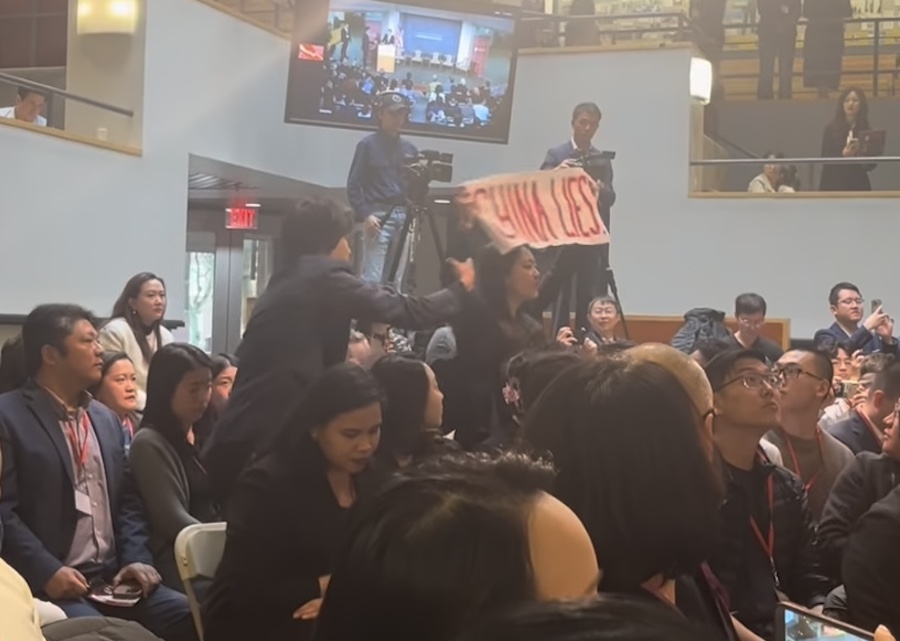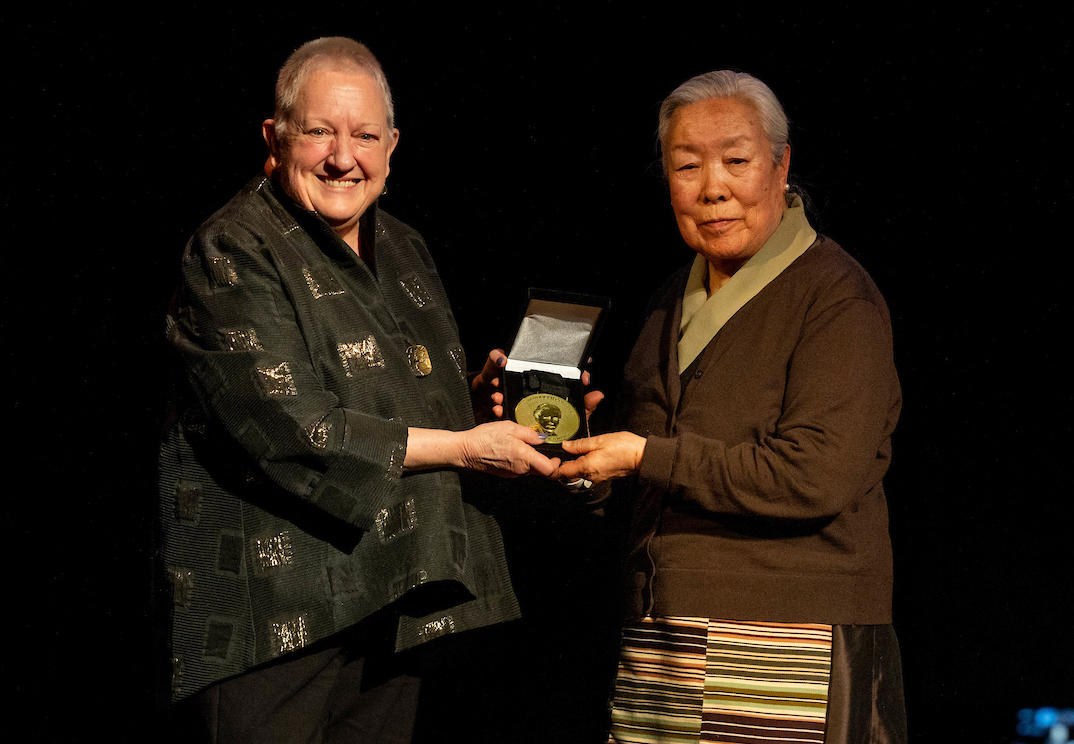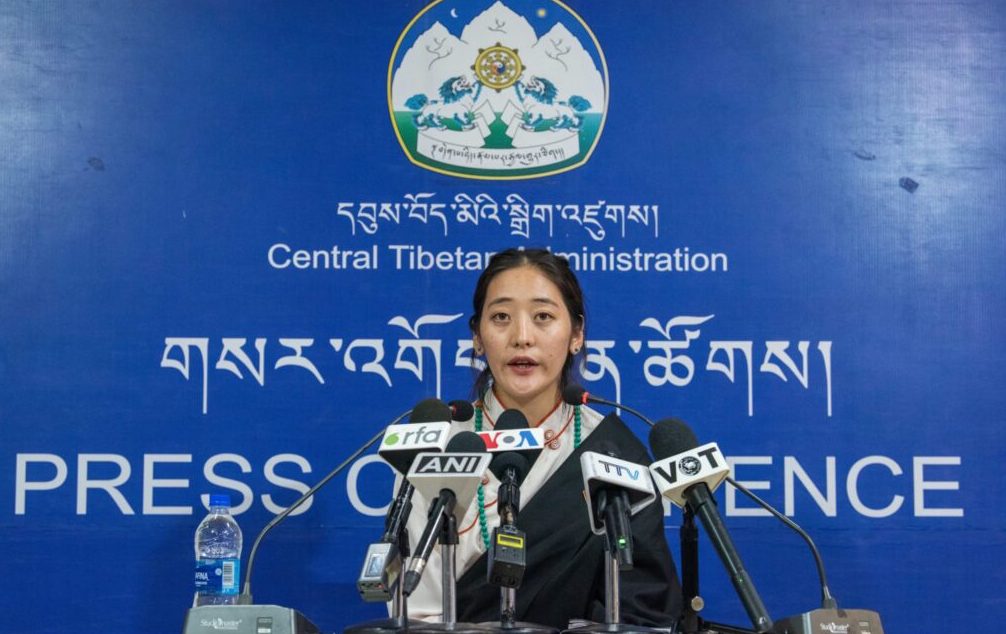 One of the Tibet’s most defiant and prominent political prisoners, Ngawang Sangdrol, says that she is lucky to be released from the Drapche prison in Lhasa, Tibet’s capital, and to arrive in the Untied States, a land of freedom. She says, “I really feel free now.”
One of the Tibet’s most defiant and prominent political prisoners, Ngawang Sangdrol, says that she is lucky to be released from the Drapche prison in Lhasa, Tibet’s capital, and to arrive in the Untied States, a land of freedom. She says, “I really feel free now.”
In an interview with the Tibetan Service of the Voice of America, She says she cannot forget her fellow prisoners in Tibet and she appeals the US government and Congressional leaders and other international human rights groups to work on getting release of one of the longest serving political prisoner Phuntsok Nyidron and other fellow prisoners in Tibet. She says these prisoners are suffering and they “are extremely in poor” health and no proper medical care is given to them. She says when prisoners are badly beaten and even they are bleeding badly, they are not given any medical care. She also went through such experience.
Ngawang Sangdrol says she will also make an appeal to U S. government officials and the Congressional leaders to help restore the fundamental human rights of the Tibetan people; Right now , she says , there is no human rights in Tibet. Any kind of political dissent is suppressed with merciless repression. She says that she and other nuns staged only peaceful demonstrations, but met with brutal force by the Chinese security forces.
“All former political prisoners are suffering from all kind of discrimination in Tibet: they are constantly under the watchful eyes of the Chinese security people; they have no jobs because of the fact they are former political prisoners, and therefore, they are also suffering from poverty, ” said Ngawang Sangdrol.
Ngawang Sangdrol, a nun of Garu nunnery, first became involved in political activities when she was 11 years old, participating in pro-independence demonstrations in Lhasa in 1987 and 1988. When she was 13 years old, she again participated in pro-independence demonstrations and at the time she was detained at Gutsa detention center.
She says that she and 13 other nuns taped their pro-Tibet song at night in Drapche prison in order to let the outside world know of their determination and struggle. She says that she was “very happy” that the cassette tape was able to smuggled out of the country.









